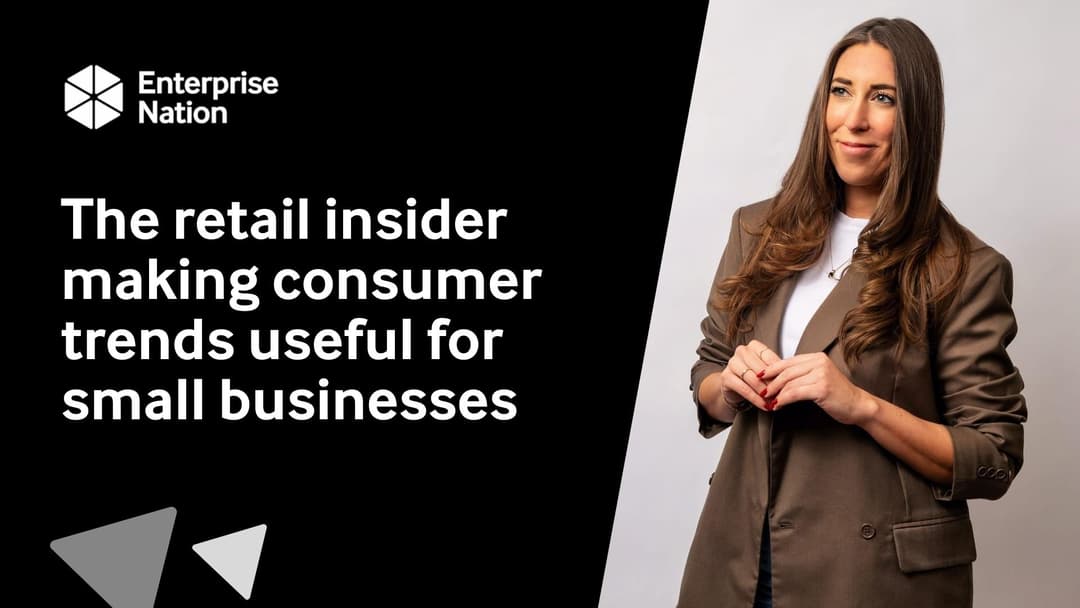Small business blog
Running a small business has its challenges, but you never have to face them alone. Whether you're looking for help with your business plan, marketing, finances or cyber security, our blog is full of expert tips, advice and guidance to see you through.

Our latest blog posts
Boost your business knowledge with these informative articles. Expert advice, tips and strategies await!
Browse blog posts by category
Small business marketing
Our most popular and insightful marketing blog posts, handpicked to boost your strategy.
Small business finance
Explore our most-read finance blog posts packed with expert tips and insights to help you stay ahead.
Get business support right to your inbox
Subscribe to our newsletter to receive business tips, learn about new funding programmes, join upcoming events, take e-learning courses, and more
Short reads for busy founders
Three quick reads you can finish in under 10 minutes – fast, practical tips for UK small business owners.